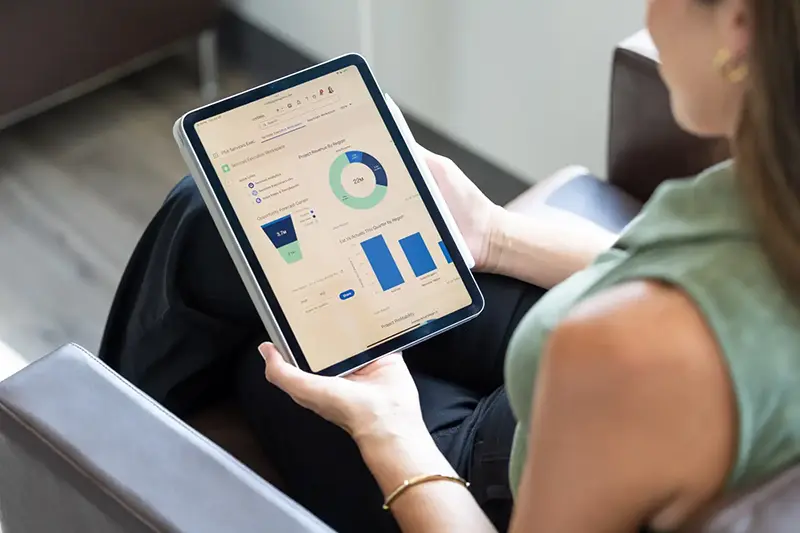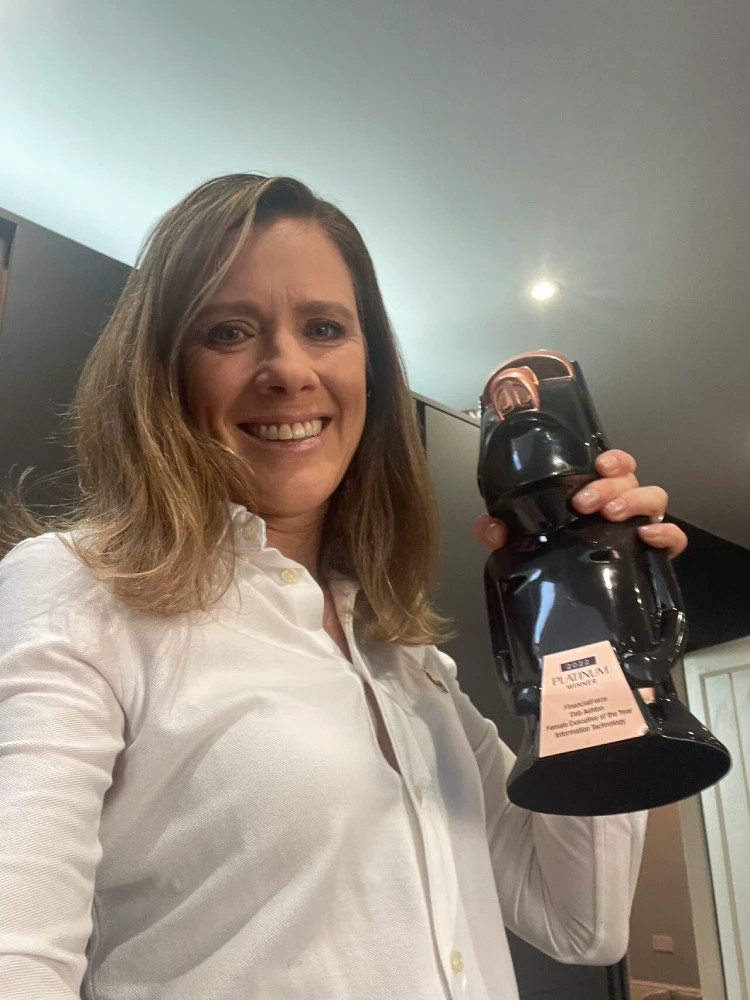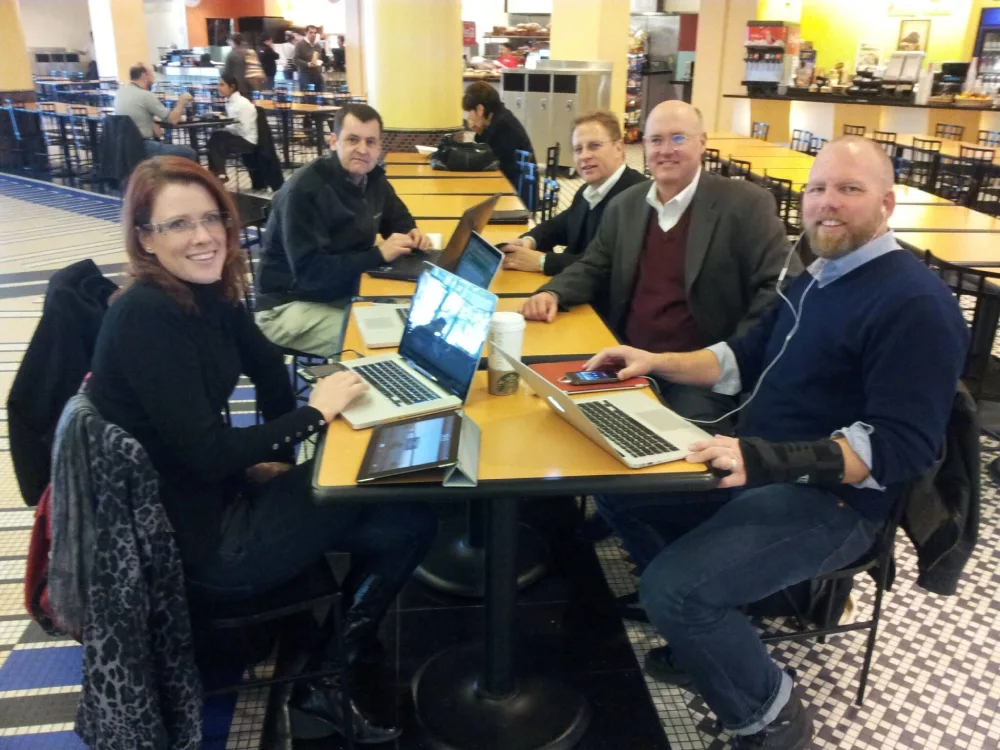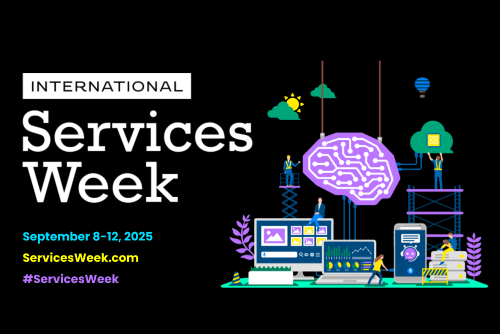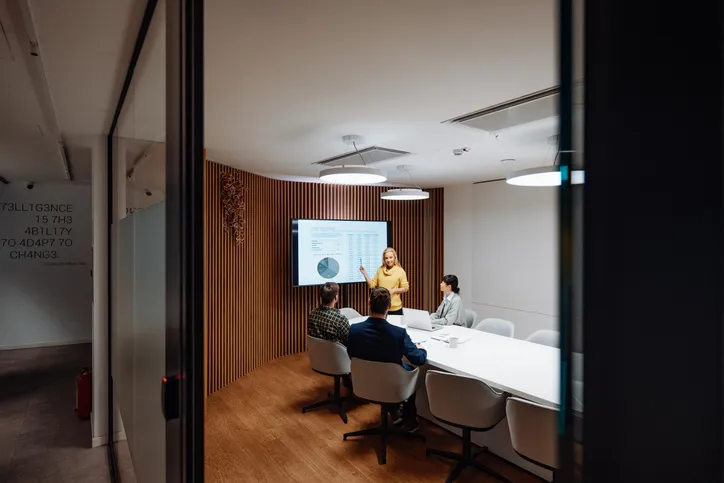From biology to bytes: Certinia Co-founder Deb Ashton’s trailblazing tech journey
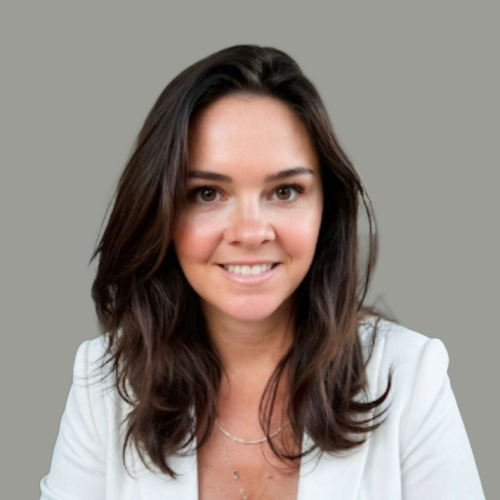
In recognition of Women’s History Month, I had the pleasure of sitting down with Deb Ashton, a trailblazing female figure in the technology world and co-founder of Certinia. In an illuminating dialogue, Deb shares her pivotal moments and lessons gleaned from her experiences spanning over two decades in the industry. Deb’s story is a testament to the resilience and importance of women in shaping the future of technology. Through her experiences, we are reminded of the inherent potential in embracing diversity and fostering an environment where all voices are heard and valued.
Sarah: Take me back to when you first started your career. How did you find your way to the technology industry?
Deb: I started my career journey in 1997, as a newly minted graduate with a degree in Applied Biology. I wanted to work in an industry that was dynamic and always changing, and ultimately found that in my first role at Science Systems (now Scisys). At that time, I was all too often the only woman in the room – luckily things look a bit different these days! Women now make up about 35% of the tech workforce, and while it’s important to celebrate this progress towards gender equity, there is still much work to be done.
Sarah: With such low representation of women in tech early in your career, how did you navigate often being one of the only women in the room?
Deb: In my early working days, I often found myself attempting to blend in. Instead of embracing the perspectives and qualifications I was bringing to the table as a woman, I pretended they weren’t there. One big piece of advice I have is to celebrate your differences, instead of pretending they aren’t there.
As I became more adept in my role, I was encouraged to reframe my initial thinking that I was competing in a man’s world. I was also fortunate enough that my mentor, who was also the CEO, involved me in corporate transactions. The coaching I received during those moments in my journey has given me great experience for my career path.
Deb Ashton poses with her TITAN Women in Business award for Female Executive of the Year in 2022
Sarah: What were some of your key stepping stones to becoming a co-founder?
Deb: In 2000, when Scisys bought Coda, a key mentor and sponsor of mine gave me the opportunity to take on my first management position. I built a Product Management function from the ground up. it was an amazing opportunity to lead the business transformation and drive organisational change management
Having all this experience in my 20s was amazing and has really put me on this extremely interesting career path that ultimately led me to become a co-founder. I had to learn people skills, leadership skills, I had to develop customer relationships, and over time I took on more responsibility across the entire product lifecycle.
Sarah: AI has overtaken the headlines – how do you believe this technology will impact women in particular?
Deb: I see so much opportunity for AI to foster more inclusivity for all marginalized groups – it can break down barriers, such as speech to text or text to speech, to help visually and hearing impaired users. It can also help with more equitable hiring and talent retention. But a stark statistic I recently learned is that the AI workforce is predominantly male (78%), meaning that bias can be programmed into the AI solutions themselves. Incorporating diverse perspectives, experiences, and insights into AI development and deployment will be critical in helping mitigate the risk of bias in the algorithms being developed.
Sarah: What are your aspirations as it relates to women in the tech workforce this year, and beyond?
Deb: As a female founder, I’m proud our executive leadership is 40% women, and our workforce is made up of 36.5% women – above the tech industry average. But I’ll also be the first to say we always need to do better.
To increase female employment, promotion, and retention, we must first address mentorship opportunities and representation, two core focuses of our strategy this year at Certinia.
Sarah: What advice would you give to women who are pursuing careers in technology?
Deb: Make sure you have a strong mentor that can help provide advice relevant to where you are in your career. Make sure you have a defined goal of where you want your career to go. And know the difference between a mentor (someone who can guide and advise you) and a sponsor (someone who can open doors for you) – both are equally important.
Finally, perhaps most importantly, know your importance. Women bring a perspective that represents ~50% of the global population. This level of diversity is needed to drive innovation and thought leadership. While women are still underrepresented in the tech industry, it is imperative that we confidently and assert our opinions.
Every day, I see women who believe in themselves, get out of their comfort zones, and put themselves forward in new and unexpected ways. I couldn’t be more excited and optimistic about the future of women in tech.
Before Certinia opened its first office, the leadership team frequently worked from the local Starbucks.
Recent Articles
Maximize your Salesforce investment with Certinia
